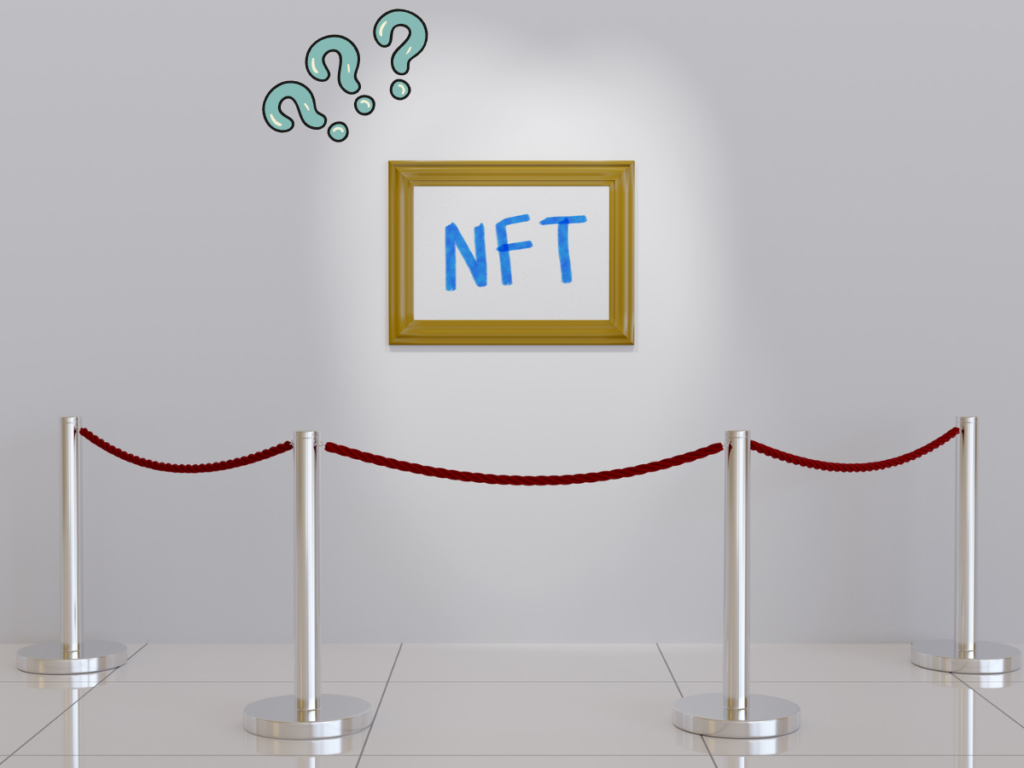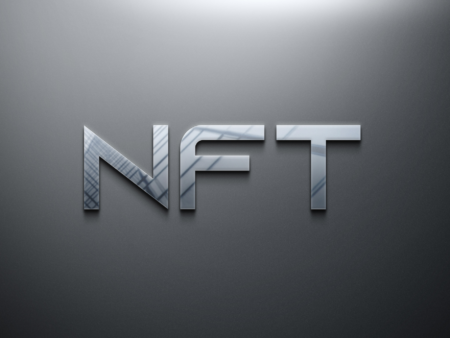A US judge has ruled that Free Holdings failed to prove ownership of the world’s first NFT in an ongoing legal dispute with Kevin McCoy and Sotheby’s
In one of the first lawsuits in the US to address non-fungible tokens (NFTs) and the blockchain technology that underpins them, a judge in the Southern District of New York has issued a decision on claims made in the case. Who Owns the World’s First NFT? Was a key question in the ongoing legal dispute between Free Holdings Inc. and Kevin McCoy and Sotheby’s, Inc. that was being heard in a New York courtroom. Judge James Cott ruled this week that the plaintiff failed to prove ownership of the digital artwork, supporting the defendant.
We need to think back nine years to a conference in 2014 where Kevin McCoy and Anil Dash developed what is thought to be the world’s first NFT in order to comprehend why this decision was made.
Namecoin, an early blockchain, used “names” to authenticate creations, including the Quantum NFT. In order to prevent other users from claiming their blocks, this blockchain requires users to update their data every 200 to 250 days.
In preparation for selling the piece through the auction house Sotheby’s when the NFT market started to pick up steam in 2021, McCoy minted the NFT and its associated information on the more recent blockchain Ethereum.
The selling of the digital artwork for $1.47 million in 2021 came next.
The Canadian holding company Free Holdings, however, issued a new NFT on the Namecoin blockchain shortly before that transaction, copying McCoy’s original metadata and utilizing the identical namespace that McCoy had used seven years before. It was able to accomplish this by assuming that McCoy had neglected to update his blockchain records.
Then, according to Free Holdings, it genuinely owns the “first-ever NFT,” which would render its 2021 sale through Sotheby’s void if accurate.
Dismissal of charges
One of the first legal proceedings in the US to address the blockchain technology that underpins NFTs is Free Holdings Inc. v. Kevin McCoy and Sotheby’s, Inc. Notwithstanding NFT ownership’s “unique” limits, the court agreed with McCoy’s attorney, Pryor Cashman, in a 43-page judgment.
The court disagreed with that argument and granted McCoy and co-defendant Sotheby’s a judgment. The court specifically accepted that Free Holdings had not and was unable to demonstrate any harm to its separately created NFT based on McCoy’s sale of Quantum and its related Ethereum token.
In addition, the court concluded that Free Holdings’ arguments of fraudulent advertising, defamation of title, dishonest business practices, and unjust enrichment were all legally unsound.
The court determined, among other things, that Free Holdings “demonstrated nothing more than an attempt to exploit open questions of ownership in the still-developing NFT field to lay claim to the profits of a legitimate artist and creator” in a decision that carefully examined the pertinent technology and problems. It denies any involvement in Quantum or the blockchains that contain its records.












